Vacuum casting is a casting process in which metal is smelted, poured and crystallized in a vacuum chamber. Vacuum casting can minimize the gas content in the metal and prevent metal oxidation. With the development of vacuum casting technology, many products made of other materials can also be manufactured using vacuum casting technology in a vacuum environment. For example, the solid color vacuum casting model.
Vacuum modeling is a physical modeling method. It combines vacuum technology with sand mold casting. The cavity surface and back of the sand mold are sealed by a plastic film, and negative pressure is generated by vacuum pumping to cause the inside and outside of the sand mold. The pressure difference causes the mold sand to be tightly formed. After the core is placed, the mold is closed, and the casting is waited for the casting to solidify, the negative pressure is released or the air extraction is stopped, and the mold sand collapses to obtain the casting.
There are many advantages of vacuum casting technology, mainly including the following:
1. The existence of vacuum negative pressure can make the mold sand compact and increase the strength of the mold.
2. Increase the vacuum degree moderately to shorten the filling time, which not only accelerates the filling speed but also stabilizes it.
3. Vacuum low-pressure casting can speed up the fluidity of the material liquid at low temperatures, avoid the phenomenon of material liquid suction caused by high-temperature casting, and increase the pinhole defects of the casting.
4. The casting has good formability, which is conducive to the formation of castings with clear contours and smooth surfaces and large thin-walled castings.
5. The casting has dense structure and high mechanical properties.
6. Under normal circumstances, there is no need for a riser, which greatly improves the yield of the product, usually up to 90%.










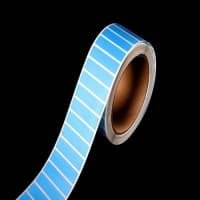
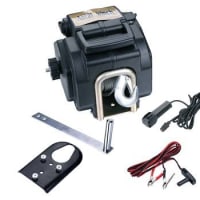

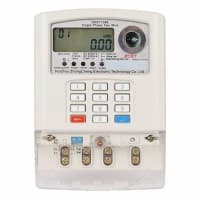
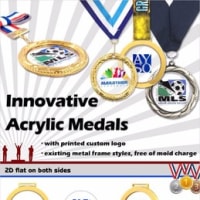
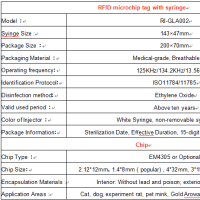

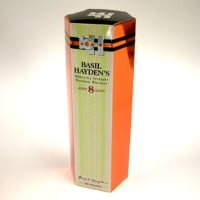
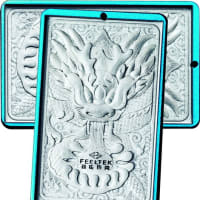
※コメント投稿者のブログIDはブログ作成者のみに通知されます